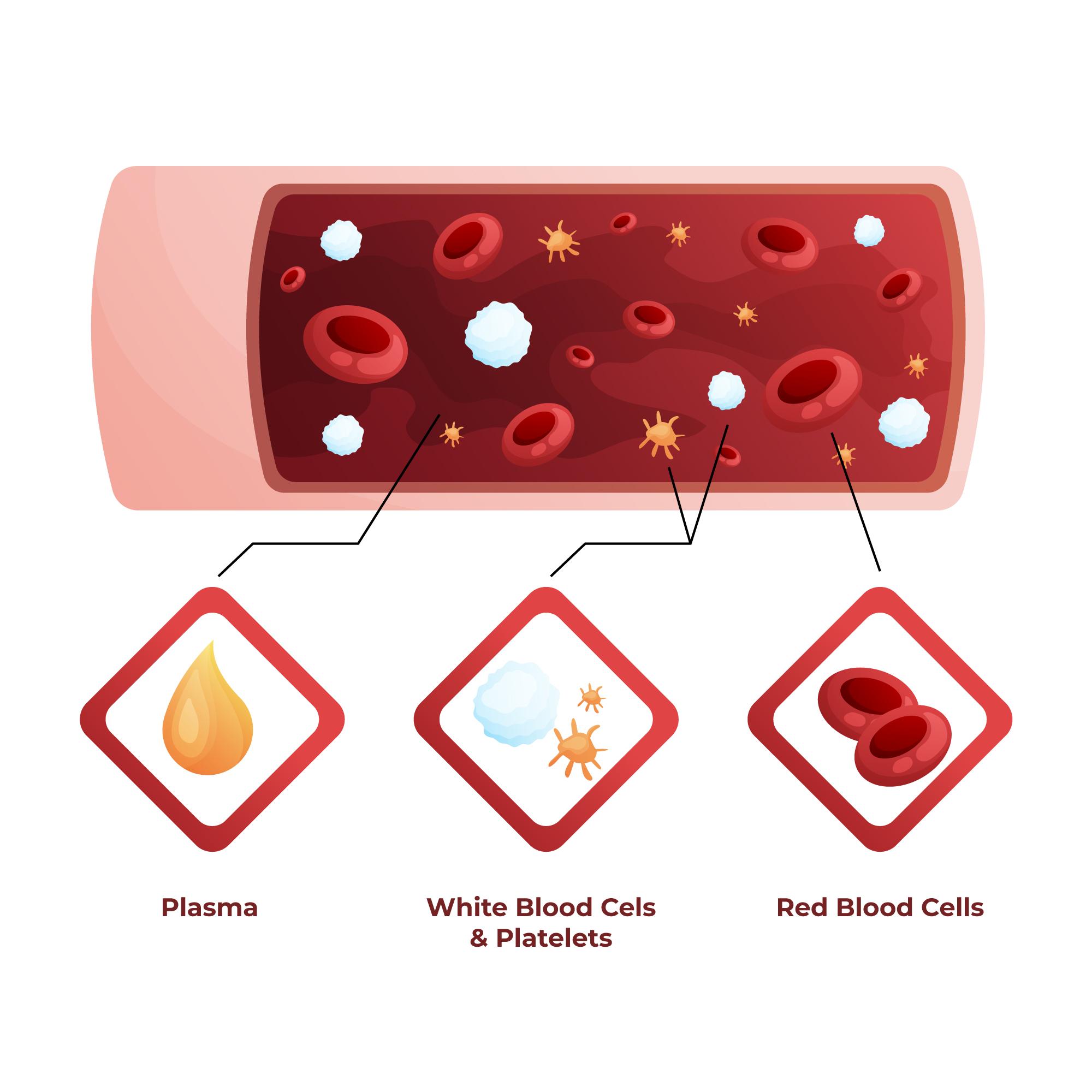

According to results published in Nature Cell Biology, Northwestern Medicine researchers discovered new pathways through which iron deficiency affects cell growth and proliferation in eukaryotic cells.
The research, led by Hossein Ardehali, MD, PhD, the Thomas D. Spies Professor of Cardiac Metabolism, has implications for better understanding both physiological and pathological states of anabolism (cell growth and proliferation), such as cancer, as well as the development of new cancer therapies.
“In the most general sense, we believe we have uncovered one of the oldest iron-sensing pathways common to eukaryotes and linked that to control of anabolism through the mTOR pathway,” said Jason Shapiro, PhD, a student in the Medical Scientist Training Program (MSTP) and lead author of the study.
To sustain anabolism, all eukaryotic cells require a minimum iron threshold, but the mechanisms that allow cells to sense the amount of iron required to regulate anabolic activities are poorly understood.
According to Ardehali, a prior study from his team established a link between iron deficiency and anabolism via inhibiting the mTOR (mammalian target of rapamycin) signaling pathway, which serves as the cell’s metabolic hub.
“It [mTOR] responds to a number of growth factors, including amino acids and nucleotides, and when it senses nutrients that are available in the environment, it increases protein synthesis and increases the anabolic processes inside the cell,” said Ardehali, who is also professor of Medicine in the Division of Cardiology, of Pharmacology and director of the Center for Molecular Cardiology.
Ardehali’s team attempted to identify the mechanisms that limit the mTOR pathway in eukaryotic cells in response to iron deprivation, building on prior findings.
The researchers examined various types of iron-deficient eukaryotic cells as well as livers from mice fed an iron-deficient diet in the current study. They discovered genome-wide changes in histone methylation — a regulatory process that helps switch genes on and off — within the cells as a result.
They discovered that KDM3B, an iron-binding enzyme, functions as an iron sensor and reduces mTOR activity via histone demethylation. KDM3B is inactivated by iron shortage, which suppresses LAT3, an amino acid transporter, and RAPTOR, a conserved protein in the mTOR pathway.
“We think that there are two pathways that are responsible for the response to iron deficiency. One is through reducing one component of the mTOR complex, which is RAPTOR itself, and the other one is through the reduction of leucine uptake in the cell, and if you reduce intracellular leucine, mTOR is not as active,” Ardehali said.
The findings suggest that lowering anabolism by reducing iron could be a possible therapy method for cancer, which relies on anabolism to thrive and spread, according to the researchers.
“We think that if you reduce iron in the cancer cells, that can have synergistic effects in inhibiting cancer growth in addition to other chemotherapy agents. That’s something we would like to eventually study, by looking at iron chelators as adjunct therapy to other chemotherapies and see if that would have additional benefit in treating cancer,” Ardehali said.
“I think we are just scratching the surface when it comes to learning how cells coordinate fundamental life processes with the levels of elemental nutrients, like iron and other metals, and my hope is that our work becomes a springboard for future research in this area,” Shapiro said.
more recommended stories
 Nanovaccine Design Boosts Immune Attack on HPV Tumors
Nanovaccine Design Boosts Immune Attack on HPV TumorsKey Highlights Reconfiguring peptide orientation significantly.
 High-Fat Diets Cause Damage to Metabolic Health
High-Fat Diets Cause Damage to Metabolic HealthKey Points Takeaways High-fat and ketogenic.
 Acute Ischemic Stroke: New Evidence for Neuroprotection
Acute Ischemic Stroke: New Evidence for NeuroprotectionKey Highlights A Phase III clinical.
 Statins Rarely Cause Side Effects, Large Trials Show
Statins Rarely Cause Side Effects, Large Trials ShowKey Points at a Glance Large.
 Anxiety Reduction and Emotional Support on Social Media
Anxiety Reduction and Emotional Support on Social MediaKey Summary Anxiety commonly begins in.
 Liquid Biopsy Measures Epigenetic Instability in Cancer
Liquid Biopsy Measures Epigenetic Instability in CancerKey Takeaways Johns Hopkins researchers developed.
 Human Antibody Drug Response Prediction Gets an Upgrade
Human Antibody Drug Response Prediction Gets an UpgradeKey Takeaways A new humanized antibody.
 Pancreatic Cancer Research: Triple-Drug Therapy Success
Pancreatic Cancer Research: Triple-Drug Therapy SuccessKey Summary Spanish researchers report complete.
 Immune Cell Epigenome Links Genetics and Life Experience
Immune Cell Epigenome Links Genetics and Life ExperienceKey Takeaway Summary Immune cell responses.
 Dietary Melatonin Linked to Depression Risk: New Study
Dietary Melatonin Linked to Depression Risk: New StudyKey Summary Cross-sectional analysis of 8,320.

Leave a Comment